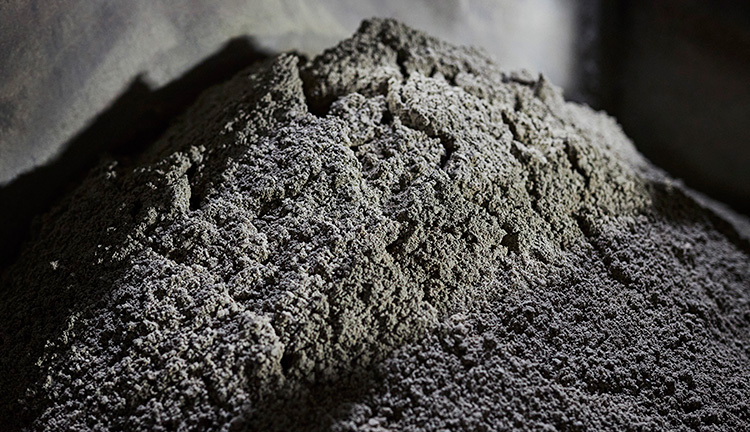
In the concrete industry, cement is a seemingly inescapable roadblock to decarbonization. Concrete is the most widely used manmade material on earth, but cement—the binder, or glue, that holds concrete together—is hugely problematic. Its production is responsible for 8% of greenhouse gas (GHG) emissions worldwide. Luckily, the concrete industry is changing. The production of concrete is undergoing a transformation, spearheaded by cleantech companies.
The major problem with conventional concrete is its makeup. Traditionally, concrete mix is produced by combining cement with aggregate and water. Despite the knowledge of conventional cement’s environmental effects, the International Energy Agency found that the direct CO2 intensity of cement production increased approximately 1.5% annually in the 2015-2021 period. The Portland Cement Association reported emissions of 0.8 tonnes of CO2 in the production of one tonne of cement-using concrete. With over 4.4 billion tonnes of cement being produced annually, the cumulative environmental impact of the sector is staggering.
The carbon footprint of the concrete industry is directly correlated to the CO2 released during cement’s production. To manufacture cement, raw materials like limestone (CaCO3) and clay are broken down into CaO, SiO2, and CO2 in a process called calcination, resulting in the creation of “clinker,” the main ingredient of cement. This clinker is fired in a kiln heated to over 1400°C. The fossil fuels burned in order to heat these kilns are another major contributor to the overall emissions of the concrete industry. In fact, the BBC reported that this thermal combustion, along with the release of CO2 inside the kiln, accounts for 90% of the industry’s emissions.
CarbiCrete has found a way to combat carbon emission in the production of concrete via both avoidance and removal of CO2 emissions. The concrete produced using the patented CarbiCrete process contains no cement. In fact, CarbiCrete makes use of steel slag, an industrial by-product, in its concrete mix, adding an additional layer of sustainability to the overall process. CarbiCrete utilizes CO2 as an essential ingredient in the production of concrete, sequestering it into the concrete block during curing, removing it permanently from the atmosphere.
By producing one tonne of CarbiCrete’s cement-free, carbon-negative concrete, 100kgs of CO2 emissions are avoided and up to 50kgs of CO2 are removed from the atmosphere. With scaled production, the twofold solution of avoidance and removal offered by the patented CarbiCrete process points to a hopeful future in the reduction of carbon emissions in the concrete industry.



